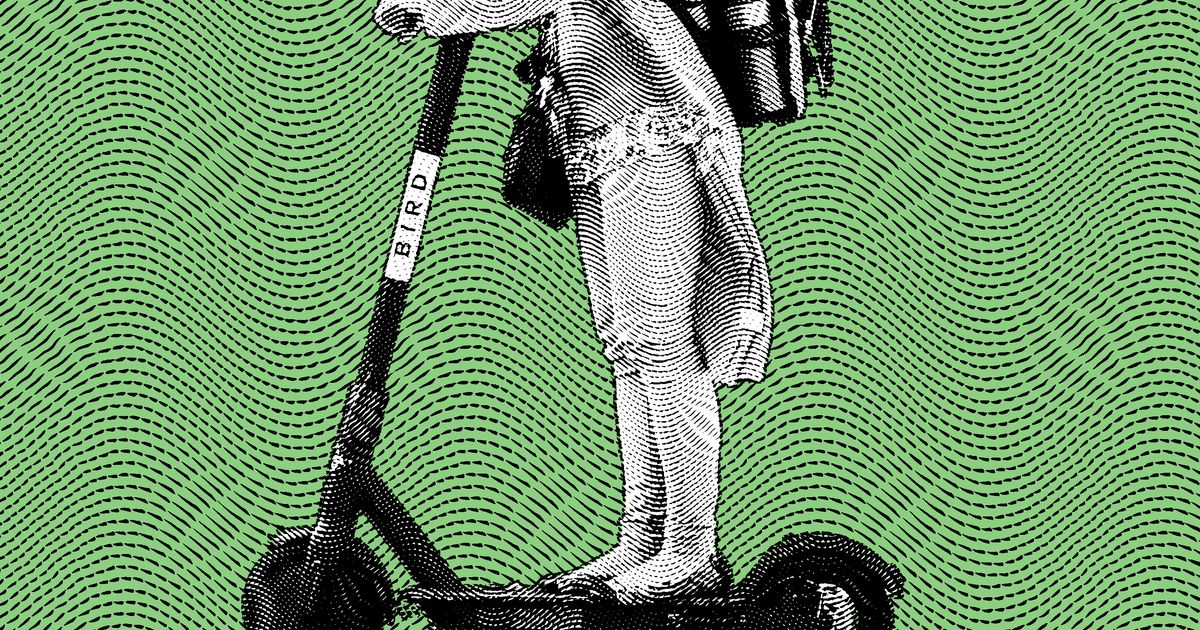Just four years ago, scooter rental company Bird was filling America's sidewalks with electric scooters and earning a staggering $2.5 billion valuation. A Silicon Valley-style company at the time, Bird used cash investments from venture capitalists and SPAC financing to move cities away from car dependence. He hoped to capitalize on the real-world trend of utilizing the hundreds of miles of bike paths that big cities like New York are adding. "After all, people need to get around, so why not ride a mini-scooter?" But their theory didn't work out. Now, they've filed for bankruptcy protection after a personal injury lawsuit and a collapse worth about $1.3 million under the weight of inflation. To understand why Bird failed, we need to look beyond their ambitious marketing.
불과 4년 전만 해도 스쿠터 대여 회사 버드(Bird)는 전기 스쿠터로 미국의 인도를 메우면서 25억 달러라는 어마어마한 기업 가치를 인정받았다. 당시 실리콘밸리 스타일의 회사였던 버드는 벤처 캐피탈리스트들의 현금 투자와 SPAC 재무를 통해 도시를 자동차 의존도에서 벗어나 뉴욕과 같은 대도시들이 늘리고 있는 수백 마일에 달하는 자전거 길을 활용하는 실제 트렌드를 잡을 것이라고 기대했다. "결국, 사람들은 이동을 해야하니 미니 스쿠터를 타지 않겠어요?" 하지만 그들의 가설은 생각대로 먹혀들지 않았다. 이제는 개인 상해 소송과 인플레이션의 무게에 눌려 약 130만 달러 가치의 몰락을 겪고 파산 보호 신청을 했다. 버드가 왜 실패했는지 이해하려면 그들이 내세운 야심찬 마케팅에서 벗어나 볼 필요가 있다.

